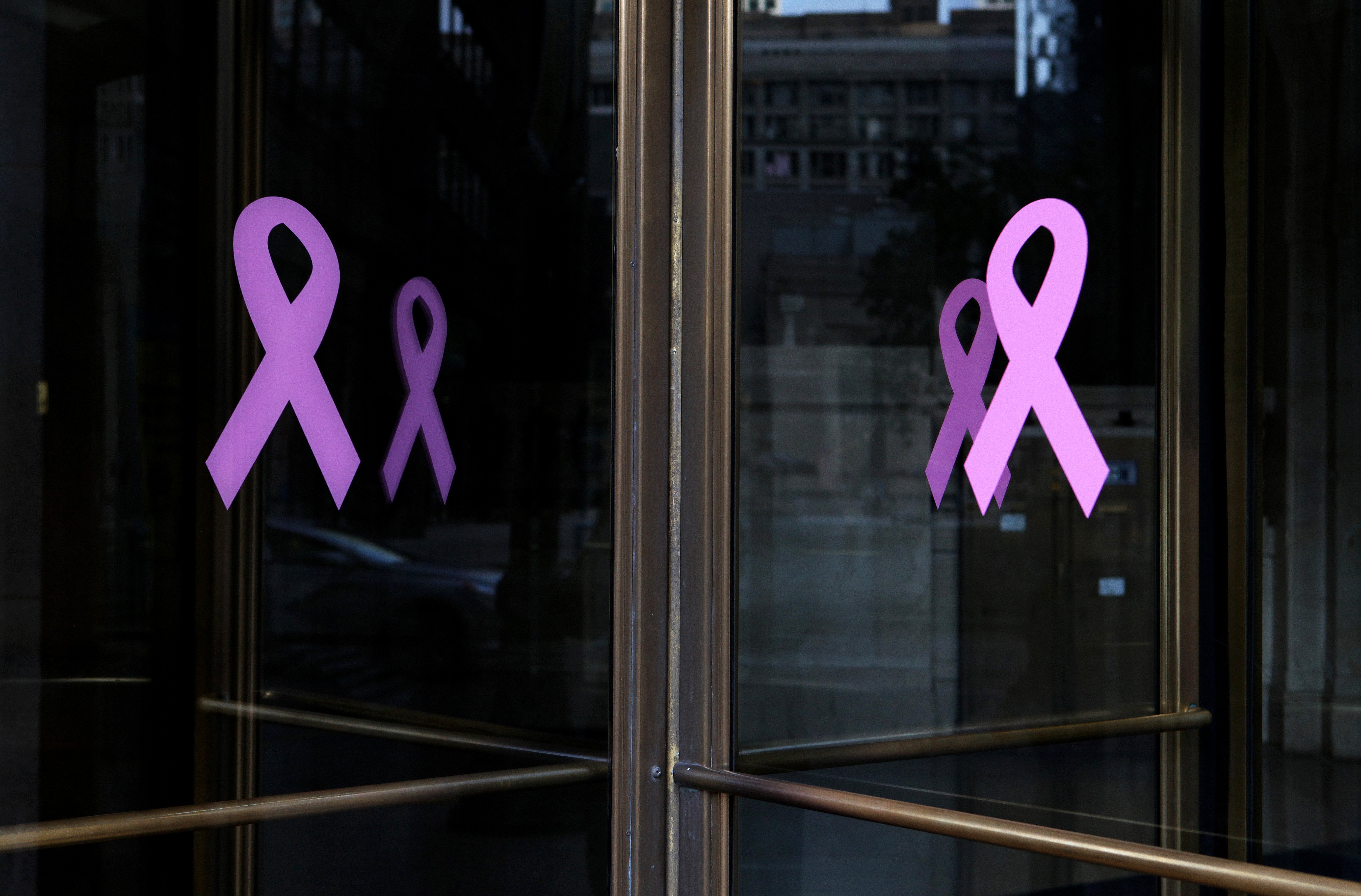October is Breast Cancer Awareness Month – a reminder for women over 40 to consider getting a mammogram.
Doctors are concerned about the women who skipped their mammograms during the pandemic.
A University of Kansas Medical Center study found that almost 4 million women nationwide missed their mammograms during COVID-19.
This past August, the University of California San Francisco published a study that found that the number of screenings at San Francisco General Hospital dropped by 39% during the pandemic in 2020 compared to the year before. The drop was steepest among Black women, young women during the first stay-at-home order and women 70 and over during the second stay-at-home order.
Part of the reason for the drop-off was some women were afraid of contracting COVID-19 at the hospital. Other women were too busy dealing with children back at home for school.
While the number of screenings is rebounding in San Francisco, UCSF medical oncologist Dr. Ana Velazquez Manana said the full impact of the missed screenings isn't known yet.
“That is something that we are definitely worried about as a cancer doctor community and oncology community of whether we are going to see patients coming in with larger tumors or with tumors that have spread to other places because screening tests were lost," she said. "It is too soon to really know that."
Doctors are still waiting on data from state and national cancer registries to determine how many women might have missed tumors.
The American Cancer Society recommends women ages 40-44 to get an annual breast cancer screening if they wish to. Women ages 45 to 54 should get an annual mammogram. Women 55 and older can do mammograms every one or two years, but, as always, they should consult with their doctors.
Get a weekly recap of the latest San Francisco Bay Area housing news. Sign up for NBC Bay Area’s Housing Deconstructed newsletter.
UCSF is trying to recruit women for its so-called "Wisdom Study" to see if those guidelines make sense for women. The study is exploring guidelines that are less of a blanket statement are more tailored to the individual.



